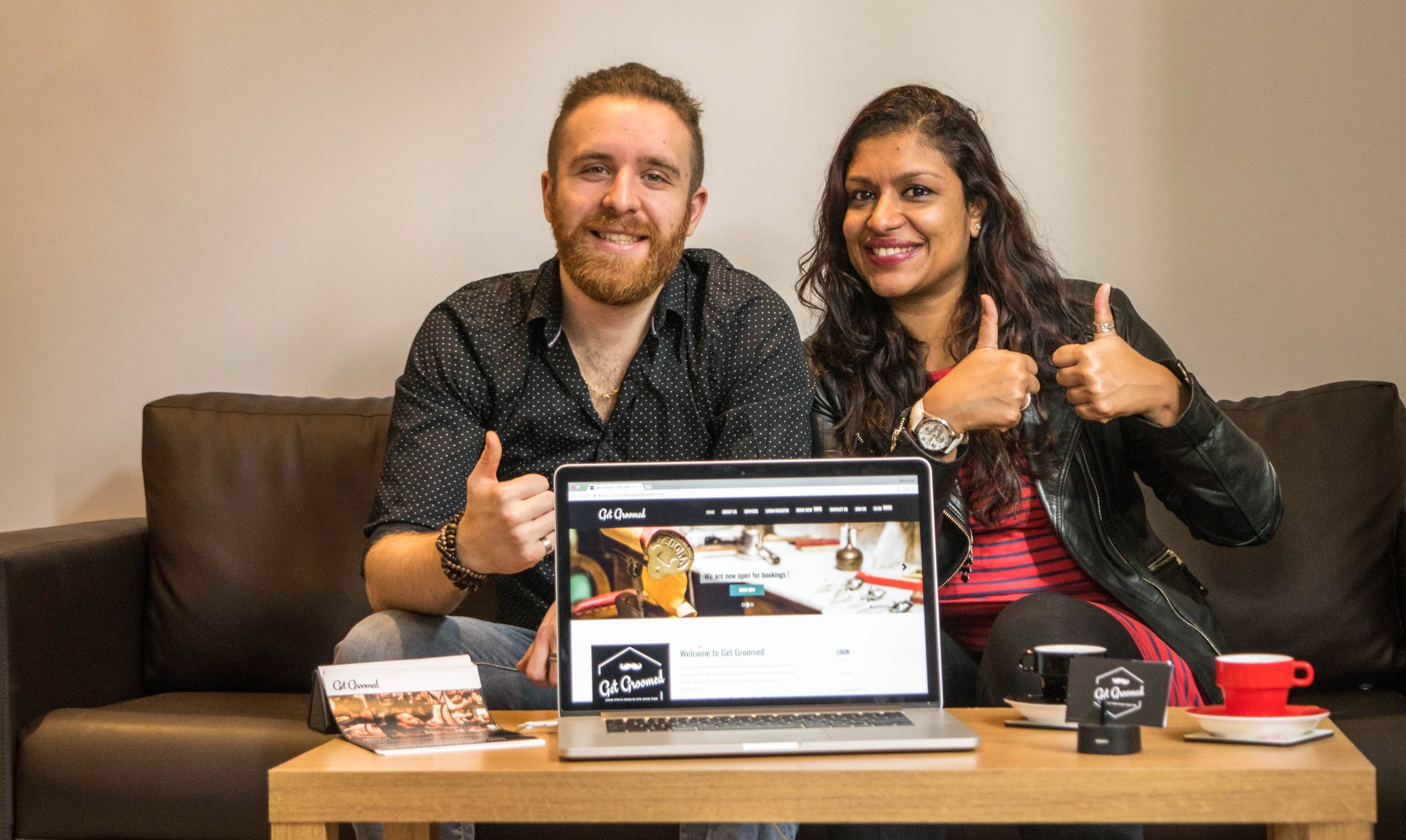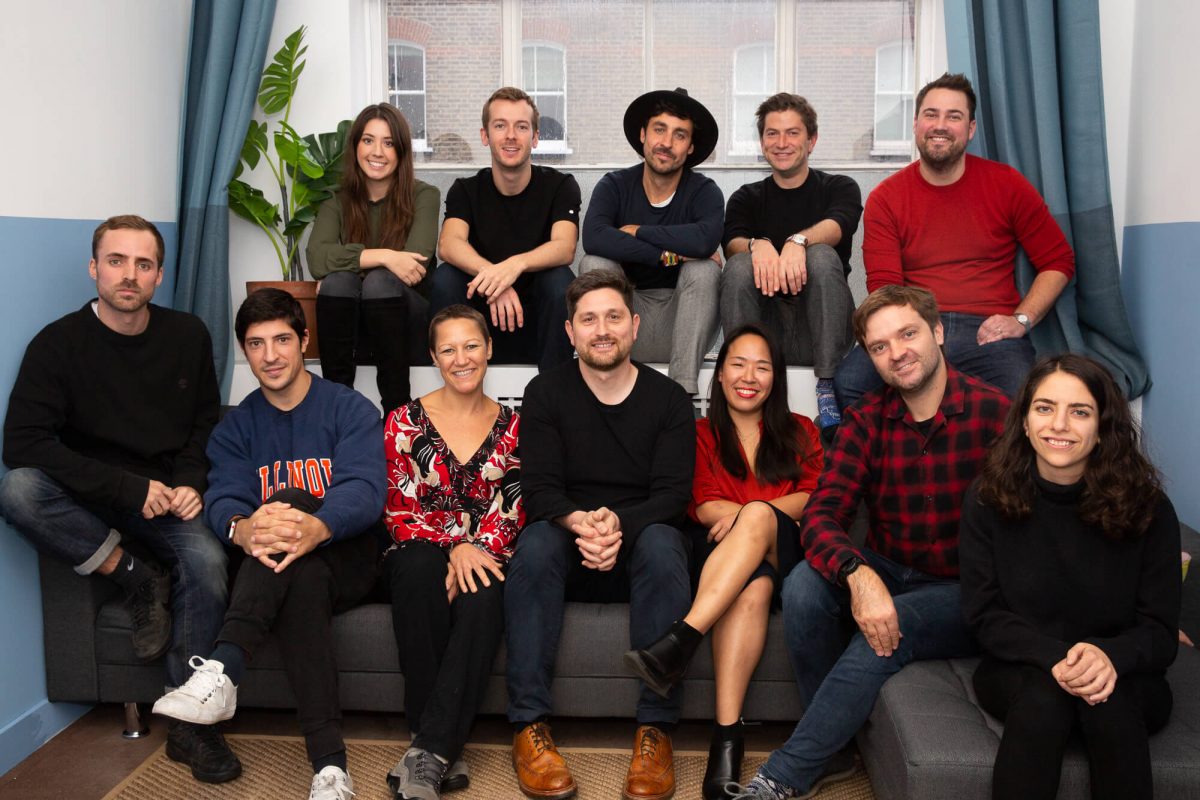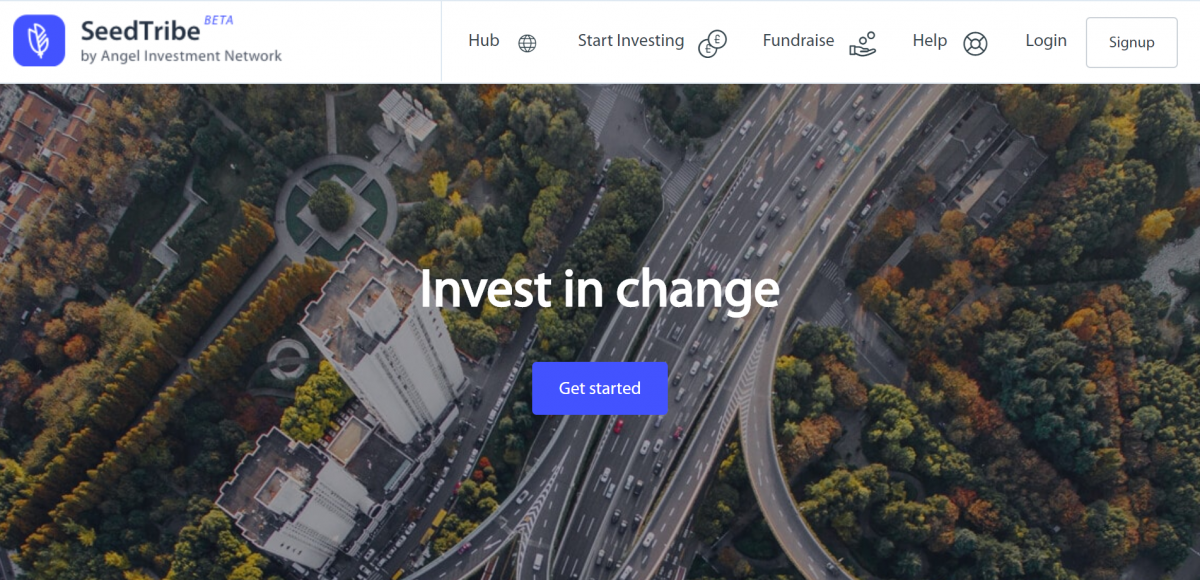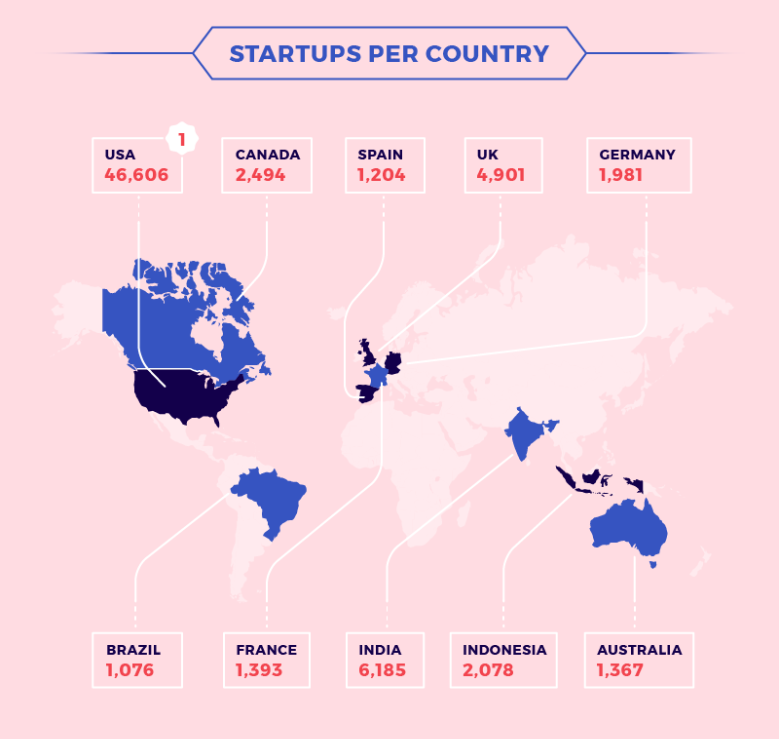Our latest #SixtySecondStartup is with Demos Co-founder of Blazon, a new social media service for startups. We spoke to him about why they set up the company, how they started to grow it and what effects Covid-19 has been having on their business.

Our interview with Demos:
What does your company do?
We are a social media services company to help startups be more active on social media channels with a low cost and flexible solution.
Why did you set up this company?
We were frustrated with the types of social media agencies out there not catering for startups. Solutions were expensive and not adaptive to the constant changes in a startup. We know what it’s like to build a startup and we want to champion startups in any way possible to give them a greater chance of success.

















